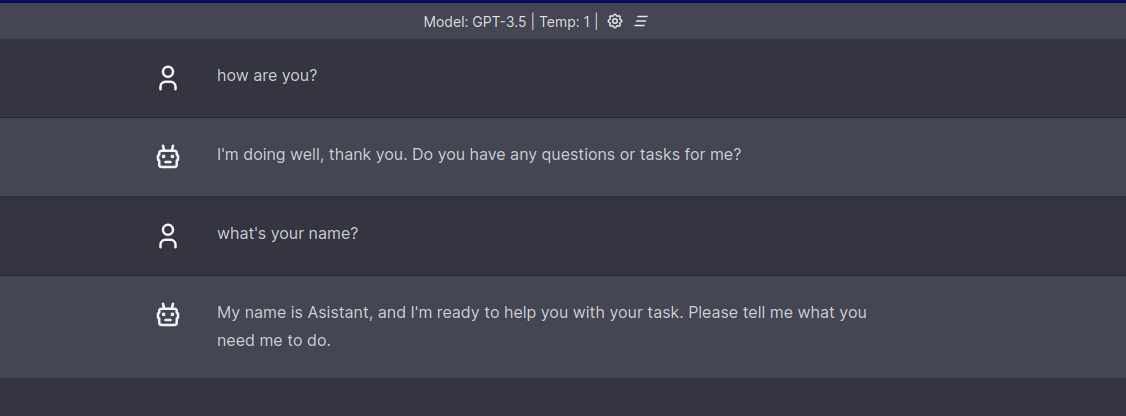`LocalAI` is available as a container image and binary. It can be used with docker, podman, kubernetes and any container engine. You can check out all the available images with corresponding tags [here](https://quay.io/repository/go-skynet/local-ai?tab=tags&tag=latest).
See also our [How to]({{%relref "howtos" %}}) section for end-to-end guided examples curated by the community.
The easiest way to run LocalAI is by using [`docker compose`](https://docs.docker.com/compose/install/) or with [Docker](https://docs.docker.com/engine/install/) (to build locally, see the [build section]({{%relref "build" %}})).
- If running on Apple Silicon (ARM) it is **not** suggested to run on Docker due to emulation. Follow the [build instructions]({{%relref "build" %}}) to use Metal acceleration for full GPU support.
- If you are running Apple x86_64 you can use `docker`, there is no additional gain into building it from source.
Note: If you are on Windows, please run ``docker-compose`` not ``docker compose`` and make sure the project is in the Linux Filesystem, otherwise loading models might be slow. For more Info: [Microsoft Docs](https://learn.microsoft.com/en-us/windows/wsl/filesystems)
| --cors-allow-origins value | $CORS_ALLOW_ORIGINS | | Specify origins allowed for CORS |
| --threads value | $THREADS | 4 | Number of threads to use for parallel computation |
| --models-path value | $MODELS_PATH | ./models | Path to the directory containing models used for inferencing |
| --preload-models value | $PRELOAD_MODELS | | List of models to preload in JSON format at startup |
| --preload-models-config value | $PRELOAD_MODELS_CONFIG | | A config with a list of models to apply at startup. Specify the path to a YAML config file |
| --config-file value | $CONFIG_FILE | | Path to the config file |
| --address value | $ADDRESS | :8080 | Specify the bind address for the API server |
| --image-path value | $IMAGE_PATH | | Path to the directory used to store generated images |
| --context-size value | $CONTEXT_SIZE | 512 | Default context size of the model |
| --upload-limit value | $UPLOAD_LIMIT | 15 | Default upload limit in megabytes (audio file upload) |
| --galleries | $GALLERIES | | Allows to set galleries from command line |
|--parallel-requests | $PARALLEL_REQUESTS | false | Enable backends to handle multiple requests in parallel. This is for backends that supports multiple requests in parallel, like llama.cpp or vllm |
| --single-active-backend | $SINGLE_ACTIVE_BACKEND | false | Allow only one backend to be running |
| --api-keys value | $API_KEY | empty | List of API Keys to enable API authentication. When this is set, all the requests must be authenticated with one of these API keys.
| --enable-watchdog-idle | $WATCHDOG_IDLE | false | Enable watchdog for stopping idle backends. This will stop the backends if are in idle state for too long. (default: false) [$WATCHDOG_IDLE]
| --enable-watchdog-busy | $WATCHDOG_BUSY | false | Enable watchdog for stopping busy backends that exceed a defined threshold.|
| --watchdog-busy-timeout value | $WATCHDOG_BUSY_TIMEOUT | 5m | Watchdog timeout. This will restart the backend if it crashes. |
| --watchdog-idle-timeout value | $WATCHDOG_IDLE_TIMEOUT | 15m | Watchdog idle timeout. This will restart the backend if it crashes. |
| --preload-backend-only | $PRELOAD_BACKEND_ONLY | false | If set, the api is NOT launched, and only the preloaded models / backends are started. This is intended for multi-node setups. |
LocalAI has a set of images to support CUDA, ffmpeg and 'vanilla' (CPU-only). The image list is on [quay](https://quay.io/repository/go-skynet/local-ai?tab=tags):

To see other examples on how to integrate with other projects for instance for question answering or for using it with chatbot-ui, see: [examples](https://github.com/go-skynet/LocalAI/tree/master/examples/).
### Clients
OpenAI clients are already compatible with LocalAI by overriding the basePath, or the target URL.
## Javascript
<details>
https://github.com/openai/openai-node/
```javascript
import { Configuration, OpenAIApi } from 'openai';
const configuration = new Configuration({
basePath: `http://localhost:8080/v1`
});
const openai = new OpenAIApi(configuration);
```
</details>
## Python
<details>
https://github.com/openai/openai-python
Set the `OPENAI_API_BASE` environment variable, or by code: